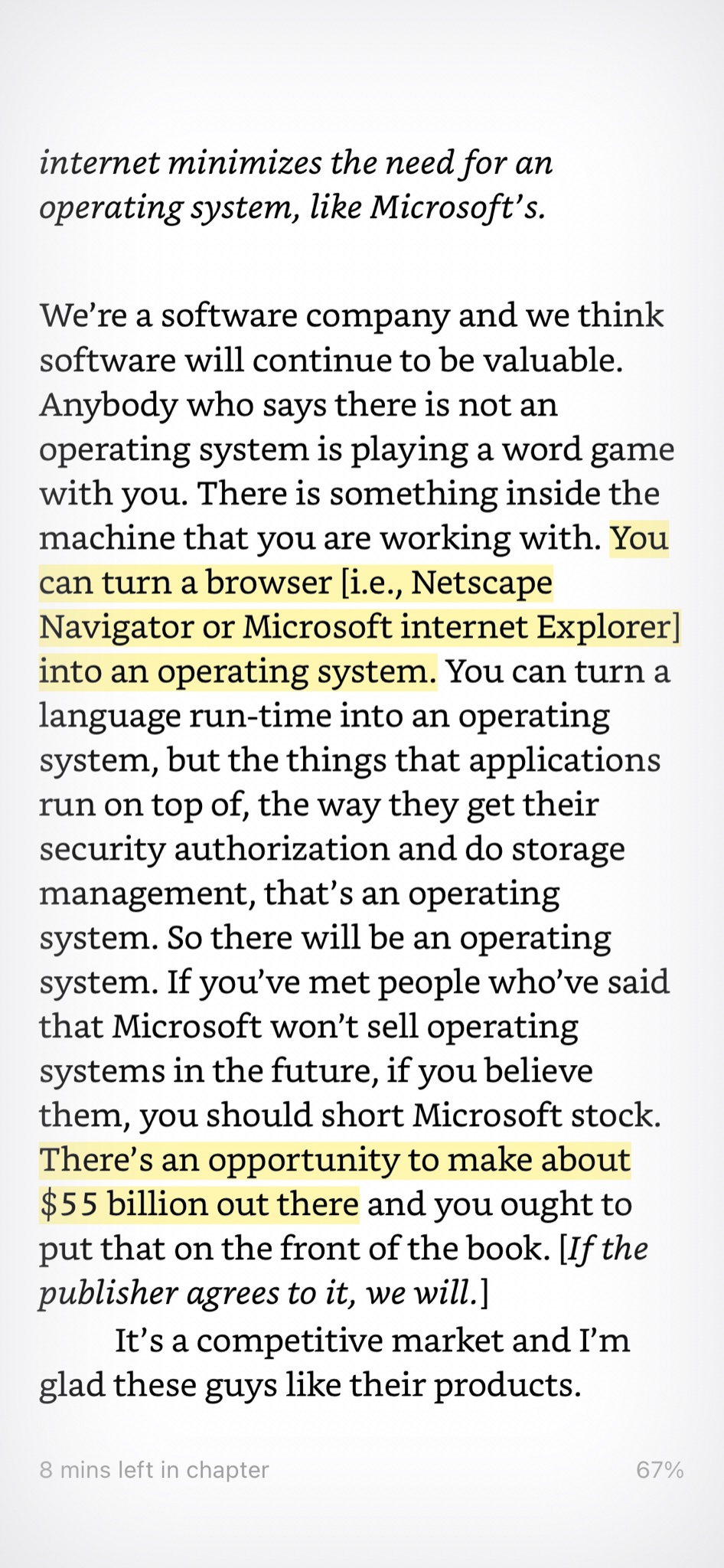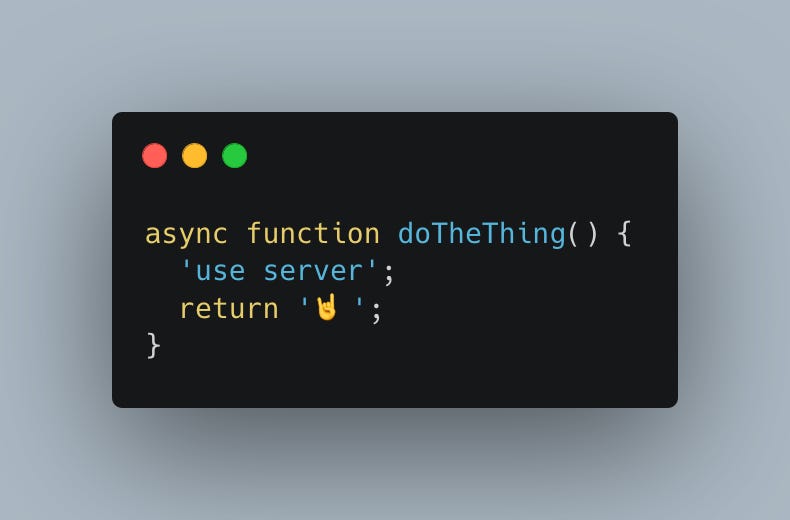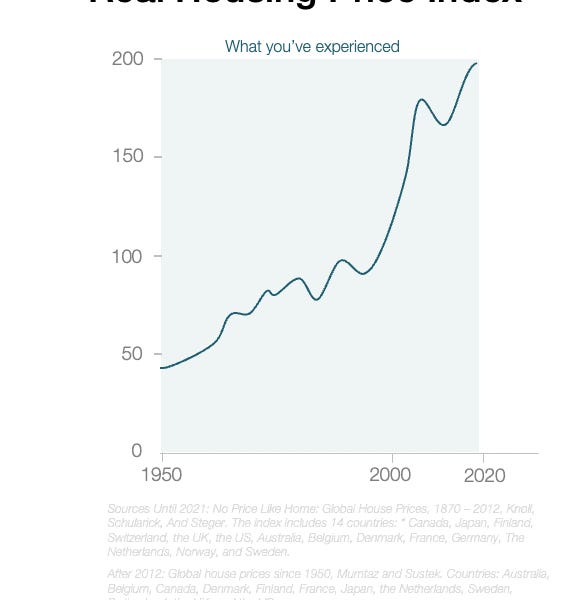
Free of bias? We need to change how we build ML systems.
The topic of bias in ML systems has received significant attention recently. And rightly so. The recent documentary Coded Bias highlighted how algorithmic decision-making leads to biased results. At worst, these can affect whole sections of the population, for instance when it comes to teacher evaluations.
The core input to ML systems is data. And data is biased due to a variety of factors – such as societal, collection, and annotation biases. People training models on such data carry the burden to ensure that the systems do not discriminate or use bias to perpetuate an unfair status quo. Building a system free of bias is challenging. And in fact, the ML community has long struggled to define what a bias-free or fair system is.
Achieving a valid definition of fairness requires a wider discussion with legal professionals and regulatory bodies. In the meantime, changing the way we build ML systems, and putting testing at the core of development, can go a long way in reducing bias in our systems.
One way to approach bias is fairness. A recent push to find the right definition for algorithmic fairness focused on establishing good metrics for measuring fairness, that is, building a system with an encoded notion of it.



















